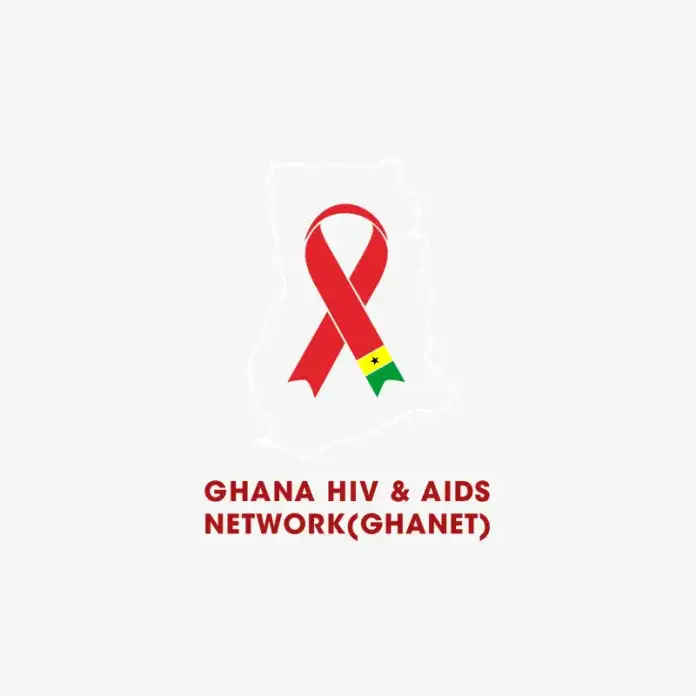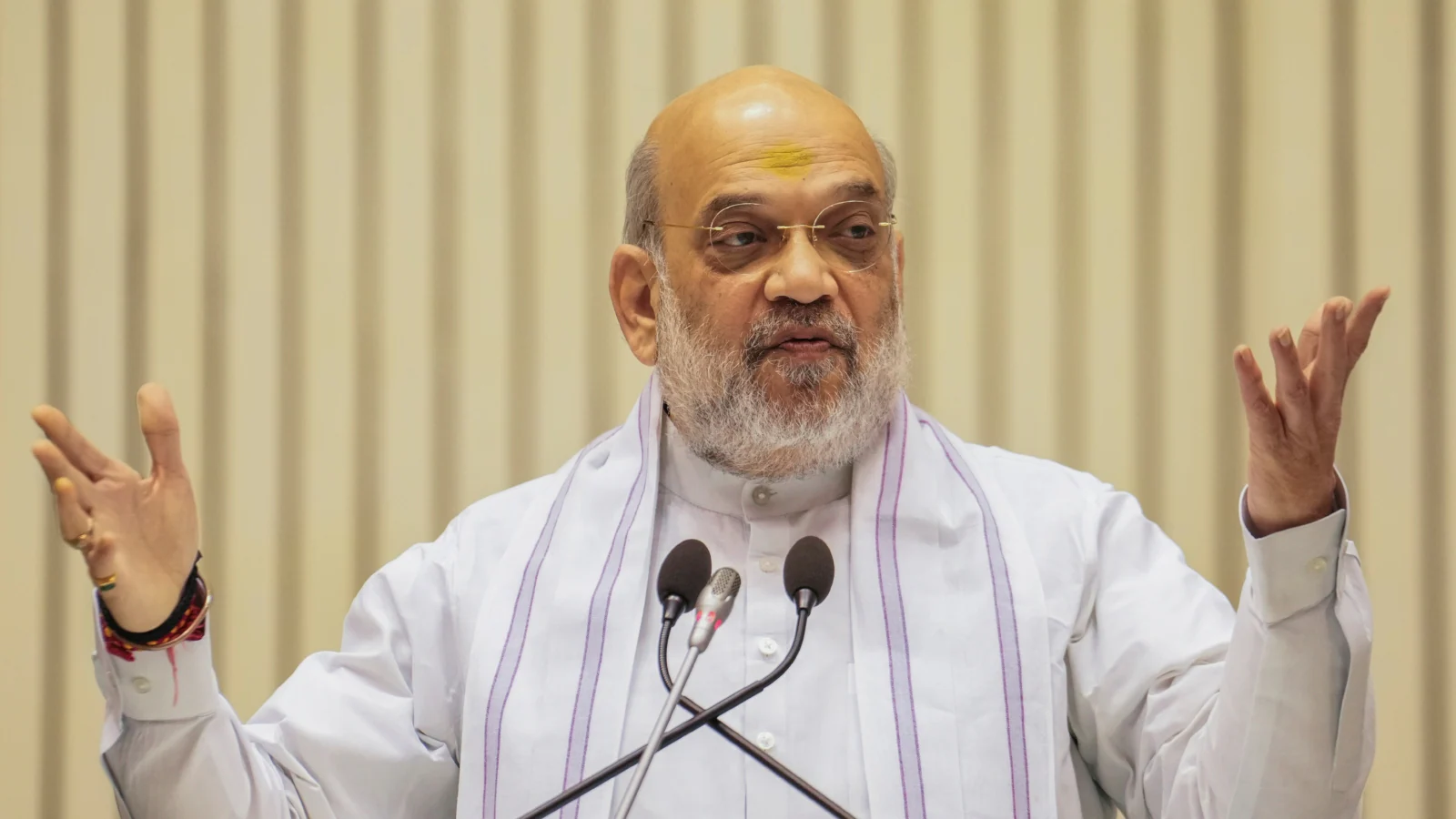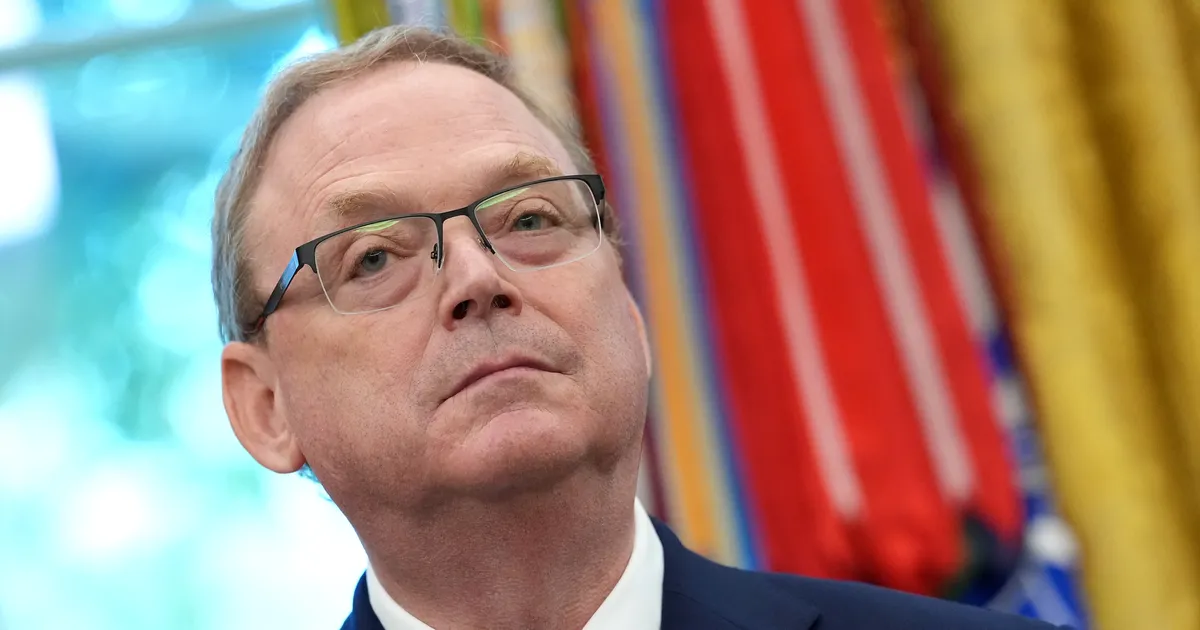Copyright ghanamma

The Ghana HIV and AIDS Network (GHANET) is urging the government to operationalize the National HIV and AIDS Fund (NHAF), warning that the fight against HIV and AIDS may be severely hindered without dedicated domestic resources to support critical interventions. In a statement ahead of the 2026 budget presentation scheduled for November 13, 2025, GHANET President Ernest Amoabeng Ortsin emphasized that allocating funds to the dormant NHAF has become urgent as donor support declines and new HIV infections continue to rise. The Fund was established under the Ghana AIDS Commission Act (Act 938) in October 2016 during the previous Mahama administration but has remained inactive for the past nine years. “At the moment Global Fund is the biggest donor for HIV and AIDS interventions in the country. Quite impressively, the Global Fund has, since 2002, invested about 1.5 billion United States (US) dollars in the fight against HIV and AIDS, Tuberculosis and Malaria in Ghana. However, it is concerning to note that Global Fund is currently making transitional arrangements that may see its support to Ghana dwindle or cease altogether,” Mr. Ortsin stated. Ghana recorded approximately 35,000 new HIV infections from January to September 2024, nearly double the 17,774 cases reported in 2023. The alarming increase prompted renewed calls from stakeholders for stronger government commitment to combating the epidemic through sustainable domestic financing mechanisms. According to data from the Ghana AIDS Commission (GAC), as of December 2023, approximately 151,000 persons living with HIV (PLHIV) were receiving treatment. This represents less than half of the estimated 334,000 people living with HIV in the country, highlighting significant gaps in diagnosis and treatment access. Mr. Ortsin noted that Ghana’s national HIV prevalence has dropped to 1.4 percent from 1.7 percent five years ago. However, he cautioned against celebrating this decline, explaining that it largely reflects high mortality rates rather than successful interventions due to resource constraints. “You would realize that our prevalence over the past five years has been dropping, from 1.7, and now we are at 1.4, but nobody is celebrating Ghana’s success in the drop. Why? It’s because the drop is not because of any special interventions we’re putting in place, but because people are dying. So the drop we are seeing is basically as a result of the high deaths we are recording because of the unavailability of resources to fight the disease,” Mr. Ortsin explained. The absence of the Fund has significantly affected HIV awareness campaigns, resulting in a new generation of young Ghanaians with little knowledge of the disease. This knowledge gap contributes to risky behaviors that fuel new infections, according to GHANET. Dr. Kyeremeh Attuahene, Director-General of the Ghana AIDS Commission, has expressed concern that the country may not meet the United Nations Programme on HIV and AIDS (UNAIDS) 95-95-95 target by 2025. The target aims for 95 percent of people living with HIV to be diagnosed, 95 percent of those diagnosed to receive antiretroviral therapy (ART), and 95 percent of those on ART to achieve viral suppression (VLS). Currently, 65 percent of people living with HIV in Ghana are aware of their status, 69 percent of those diagnosed are on treatment, and 89 percent have achieved viral suppression. These figures fall significantly short of the UNAIDS targets. “We are lagging behind because we don’t have the resources to enable every Ghanaian who needs treatment, every Ghanaian who needs testing to be able to get them,” Dr. Attuahene said during World AIDS Day commemorations in November 2024. GHANET has also called for increased local production of ART medications and HIV-related commodities such as condoms, lubricants, and test kits to reduce reliance on donor support. The organization noted that Ghana has had capacity for manufacturing antiretrovirals (ARVs) since 2005 but has not fully leveraged this capability. “Fortunately for Ghana, there is already existing capacity for local production of ARTs since 2005. GHANET believes that the country must leverage this capacity to meet its needs for ARVs,” the statement stressed. The organization suggested that local production could also create export opportunities to serve neighboring West African countries with high PLHIV populations. The call for operationalizing the NHAF comes amid concerns about potential disruptions to HIV services following the United States Agency for International Development (USAID) 90-day funding freeze announced earlier in 2025. President John Dramani Mahama has repeatedly assured stakeholders that his government would address the funding shortfall. In response to President Mahama’s 2025 State of the Nation Address, GHANET welcomed his commitment to filling the gap left by the USAID freeze, describing it as “reassuring and therapeutic” for persons living with HIV. However, the organization emphasized that short-term measures must be complemented by sustainable domestic financing through the NHAF. A major concern raised by GHANET is the potential shortage of life-saving ARV medications if the government takes full responsibility for procurement without adequate planning. “This fear is heightened by recent happenings where even donated ARVs were nonchalantly abandoned at the ports for several months,” the statement said. The organization believes that reviving the NHAF will help complement international funding, such as support from the Global Fund, and ensure continuous access to ARVs and other essential HIV services regardless of fluctuations in external support. GHANET has appealed to the Ministers for Finance and Health to ensure that President Mahama’s commitment to addressing the HIV funding gap is reflected in concrete budget allocations. The organization also urged the government to fulfill the Abuja Declaration’s requirement for African nations to allocate at least 15 percent of their national budgets to health. The theme for the 2025 World AIDS Day commemoration, “overcoming disruption, transforming AIDS response,” reflects current challenges where limited funding and resources threaten efforts to eliminate AIDS by 2030. Stakeholders emphasize that without sustained investment, Ghana risks reversing gains made in the fight against HIV and AIDS over the past two decades. Beyond immediate funding concerns, GHANET has called for new interventions and strategies to control rising HIV infections. The recent introduction of HIV Self-Testing (HIVST) kits has been embraced by the Ghanaian public, with demand soaring, demonstrating appetite for innovative approaches to diagnosis and prevention. GHANET, established in 1996, serves as a key stakeholder in Ghana’s national HIV and AIDS response, coordinating civil society organizations working on HIV prevention, treatment, and advocacy across the country.



